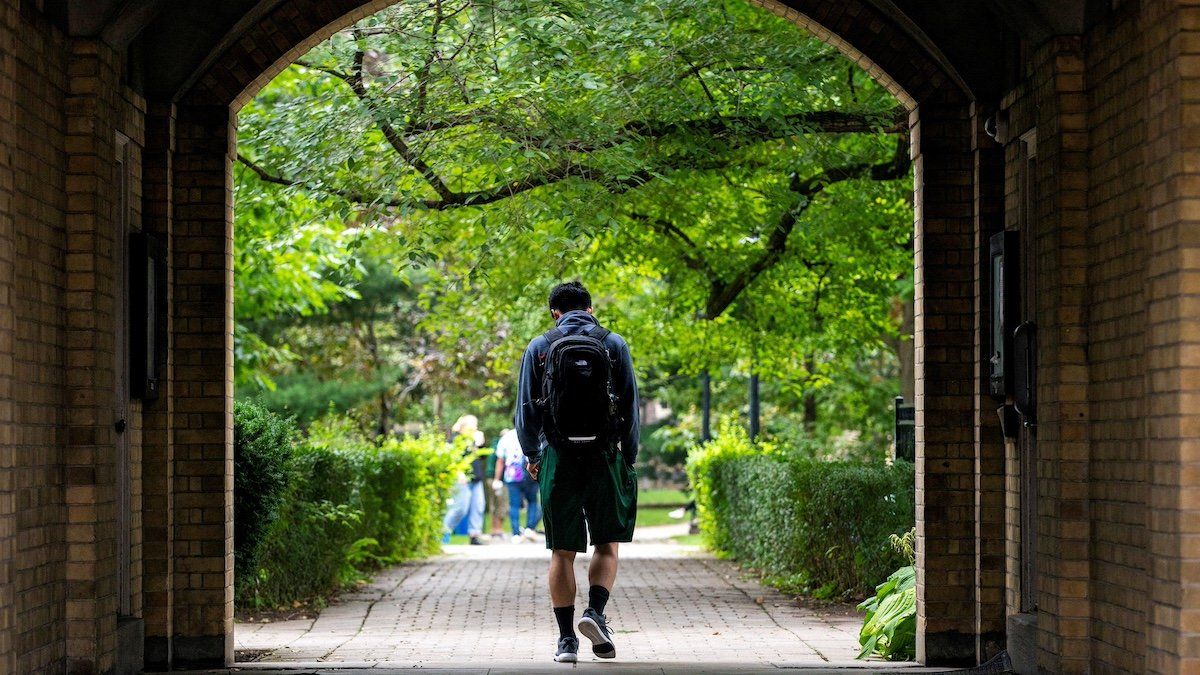The Trudeau government is shutting the door to hundreds of thousands of foreign students. This week, Ottawa moved to reduce the number of undergraduate international student visas for 2025 to just 360,000, a 35% cut, in an effort to tackle the housing crisis and rein in diploma mills that are profiting off the system.
The reduction is expected to pose serious enrollment problems for some institutions. The schools have already warned that the government’s visa cuts could lead to tuition increases, job losses, and even closures. But Immigration Minister Marc Miller said he had no choice: "We've got two years to actually get the ship in order. It's a bit of a mess, and it's time to rein it in."
International students fall in a jurisdictional gap in Canada between the provinces, which fund and regulate universities and colleges, and the federal government, which issues the visas. As provincial funding has failed to keep pace with post-secondary costs, universities and colleges have kept their bottom lines intact by increasing the enrollment of foreign students, mostly from India and China.
“I’m not the minister of post-secondary education underfunding,” Miller said. “I’m the minister of immigration and clearly in the last decade or so post-secondary institutions in Canada have been underfunded.”
While Miller pointed to systemic issues, the primary impetus seems to be the housing crisis, which has led to a shift in public opinion against immigration. And against Justin Trudeau. Conservative leader Pierre Poilievre has successfully attacked the prime minister about the housing shortage.
Unlike in the United States, where immigration is at the heart of the national political debate, a cross-partisan consensus around the value of immigration is normal in Canada. So the Liberals moving to rein in student visas lies in stark contrast to a longstanding welcoming approach to immigration.
There may be more to come. Radio-Canada, the French language branch of CBC, reported Thursday that Canada is poised to reimpose a visa requirement on Mexico after more than 25,000 people from that country sought asylum in Canada last year.





